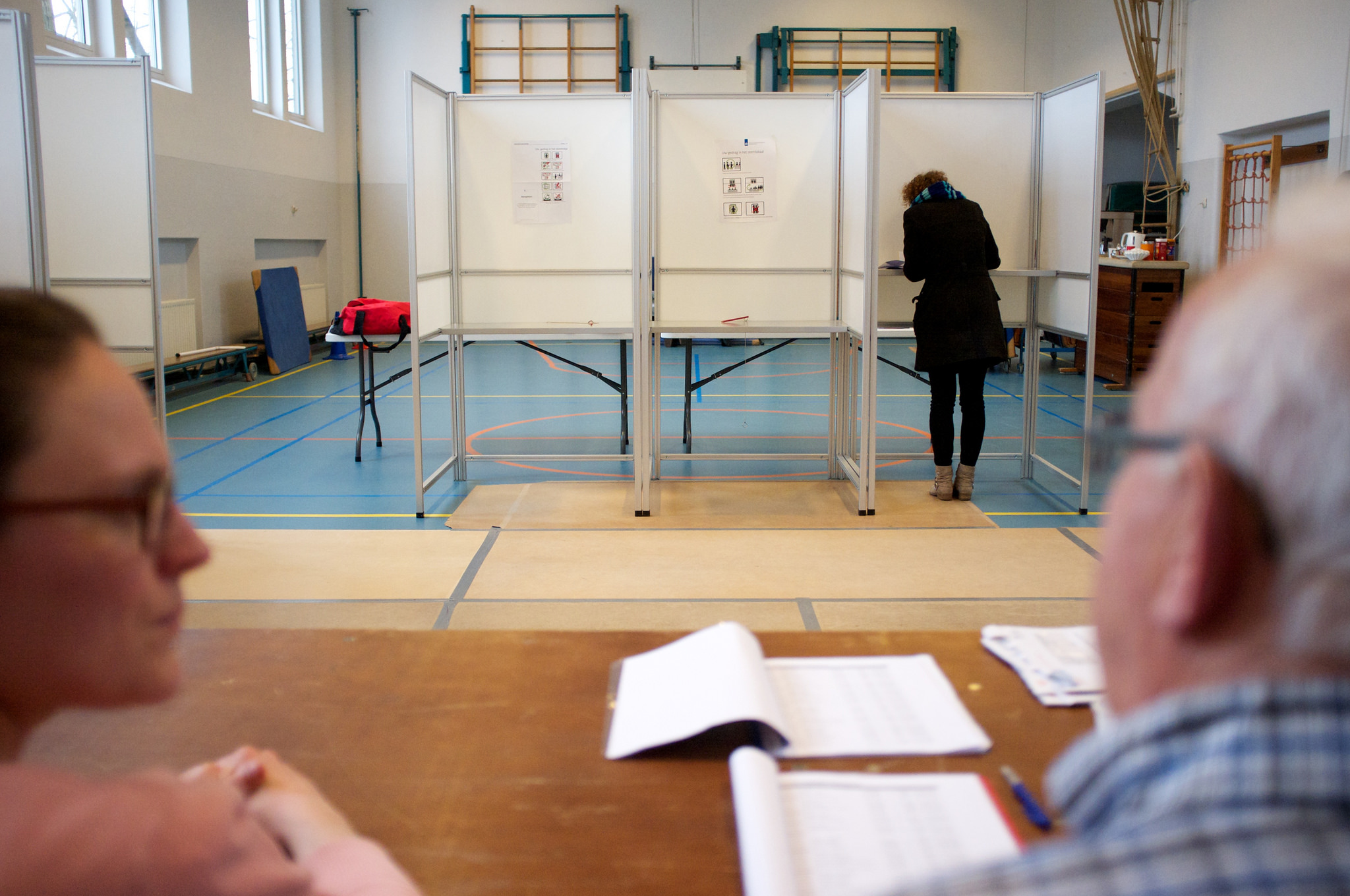Naturalization and voter registration rates have surged in recent months, but strict new voter laws in many states are threatening to reduce the number of Latinos voters (including many newly naturalized) who will be allowed to cast ballots.
More than 185,000 citizenship applications were submitted in the final three months of 2015, which is a 14 percent increase from 2014 and up 8 percent compared with the same period ahead of the 2012 elections. According to the Houston Chronicle, in Texas, naturalization ceremonies in Houston have swelled to about 2,200 per month, compared with 1,200 before, and more than 80 percent of those naturalized then register to vote, compared with 60 percent previously.
Experts are attributing the surge in naturalization to Donald Trump’s anti-immigrant rhetoric and policy positions during the presidential campaign. Ben Monterroso, executive director of Mi Familia Vota said, “A surge in Latino engagement is coming. Unsolicited, people tell you that ‘I’m becoming a citizen because I want to vote against Donald Trump’ or ‘I want to vote against the attacks on our community.’ ”
But a new report from the National Association of Latino Elected and Appointed Officials (NALEO) finds that eight million Latino voters could be impacted by new voting laws. First, in 2013 the Supreme Court invalidated a provision of the Voting Rights Act that which obligated certain states with a history of discrimination to obtain “pre-clearance” from the U.S. Department of Justice to make any modifications of electoral laws. According to NALEO, approximately 8 million Latino voters live in jurisdictions that must no longer be pre-cleared by the federal government despite their histories of discriminatory voting practices.
At the state level, nineteen states have enacted or implemented new restrictive laws since the November 2012 election that will make it harder for some voters to cast ballots in 2016. Eight states have laws that make it more difficult to register to vote by making voters register much further in advance, restricting community volunteers from helping with voter registration efforts, or requiring additional documentation. Six states have laws making it more difficult to vote by shortening early voting periods, and another six have placed restrictions on absentee voting. Finally, nine states have passed voter ID laws, requiring potential voters to present certain documents proving citizenship either to register to vote or to vote. Multiple studies have found that Latinos and other minorities are less likely to possess the necessary documents.
All of these restrictions have passed despite any hard evidence that voter fraud is a problem.
NALEO estimates that more than 875,000 Latinos in these 19 states could be seriously impeded from participating in the 2016 Presidential election. According to NALEO Executive Director Arturo Vargas, “More than 13.1 million Latino voters are expected to cast ballots in 2016. While historic, we know millions more will stay at home on Election Day.”
While Latinos and other citizens feel compelled by the current immigration debate to exercise their constitutional right to vote in the upcoming elections, many may be deterred from having their voices heard and votes counted. The barriers to full civic participation in the U.S. are extremely troublesome and must be addressed.
Photo by Sebastiaan.
FILED UNDER: Election 2016, featured, National Association of Latino Elected and Appointed Officials, naturalization, Voting


